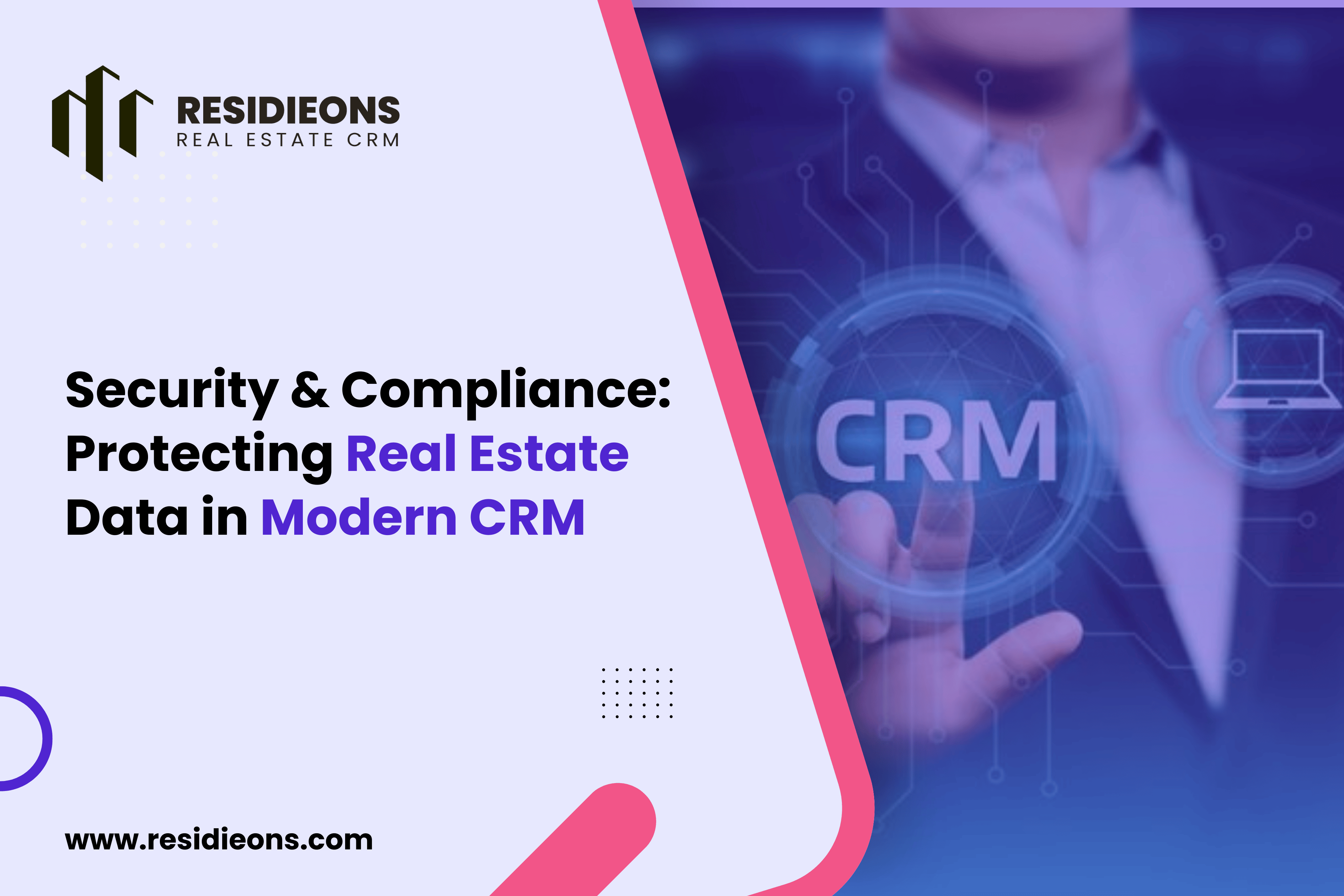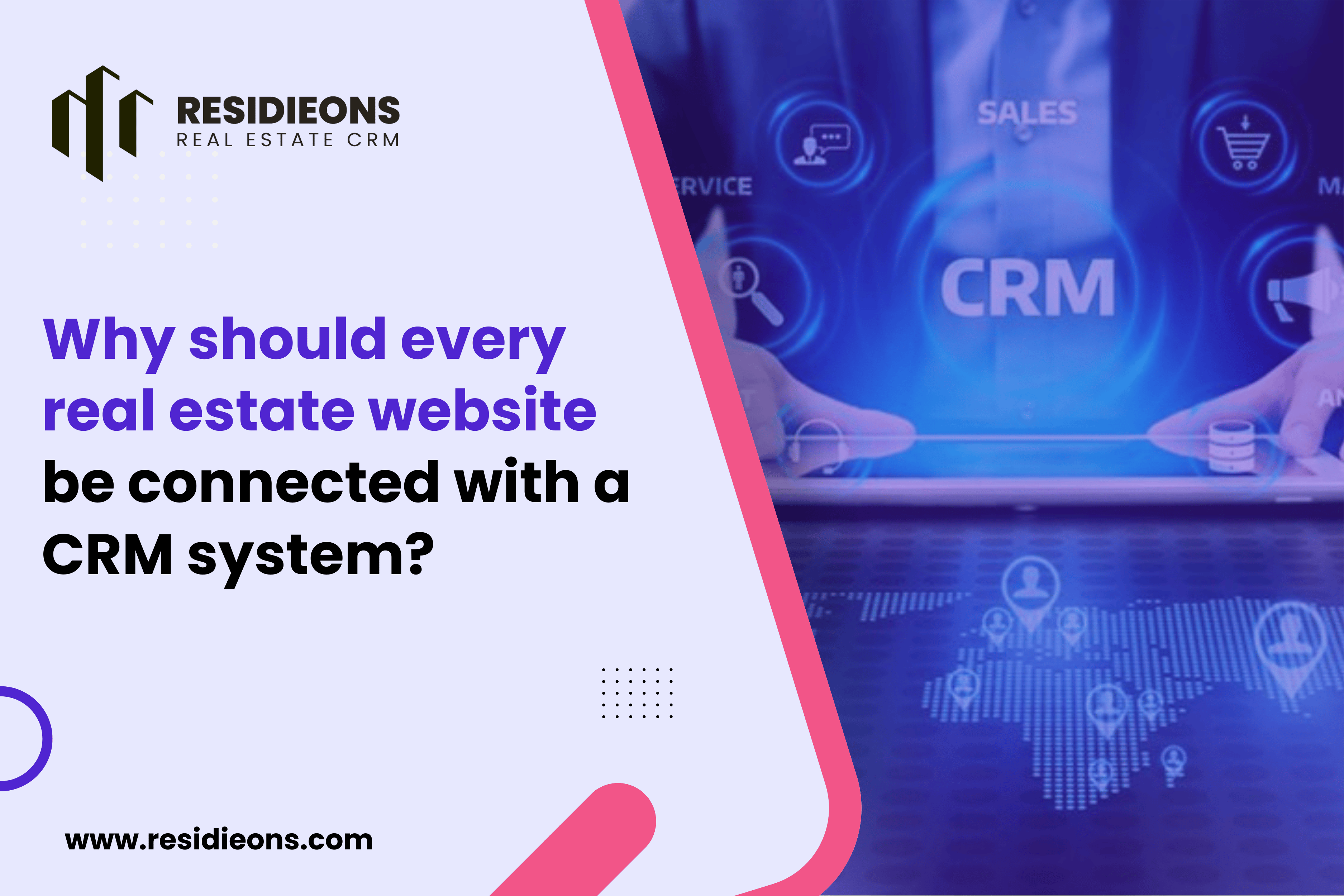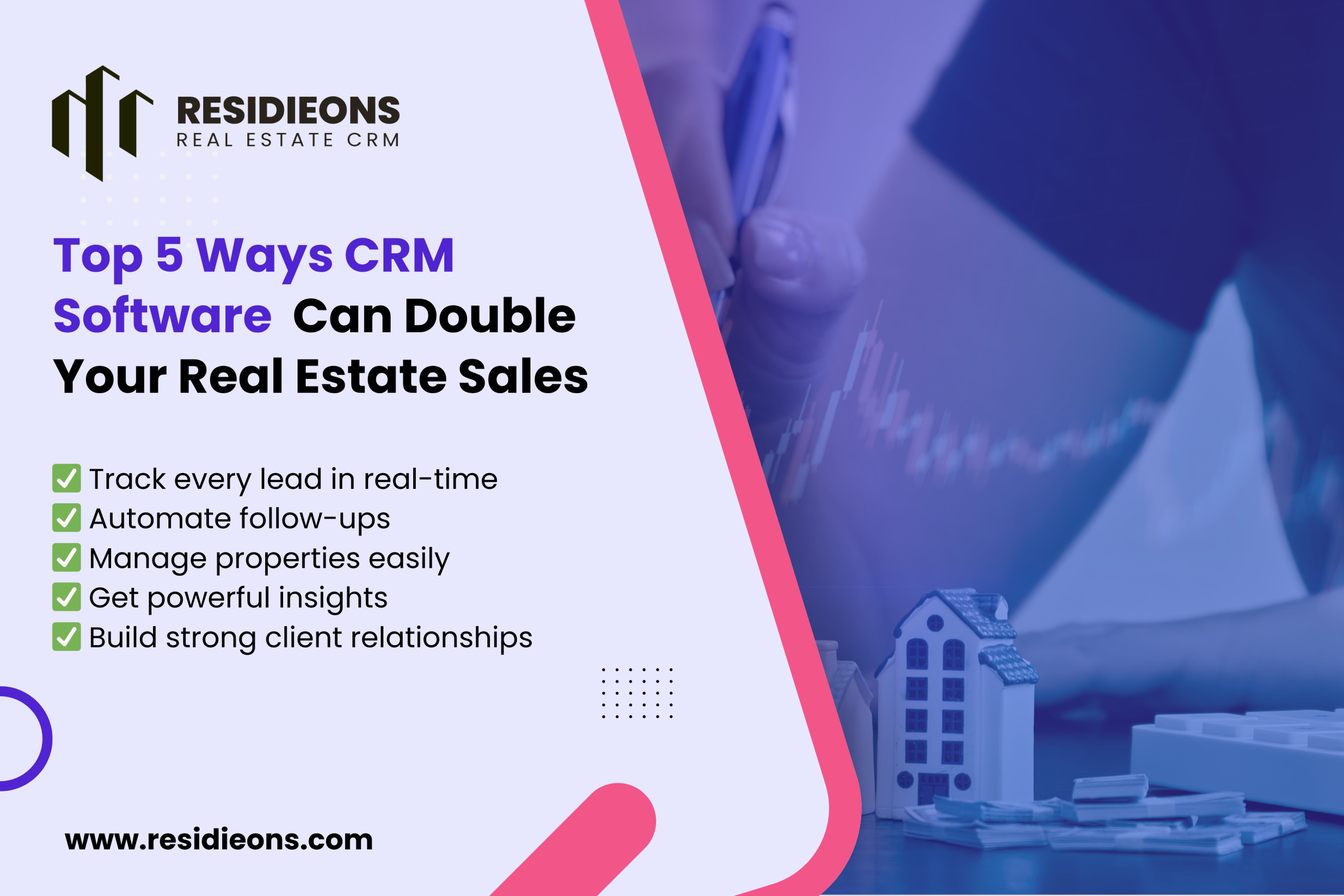
The real estate industry has become increasingly competitive, with property managers juggling numerous responsibilities, from handling tenant requests to managing finances and maintenance tasks. In this landscape, property management software is not just a convenience but a necessity. The right software can automate routine tasks, improve efficiency, and streamline operations, allowing managers to focus more on growth. This blog will guide you through the key factors to consider when choosing the ideal real estate property management software.
Before diving into the software options, it’s crucial to identify the specific needs of your property management business. Are you managing a large portfolio of commercial properties or residential rentals? Different types of properties have unique management needs, and your software should cater to these. Outline the core functionalities you need, such as tenant management, lease tracking, financial reporting, or maintenance scheduling. This clarity will streamline the selection process.
Tenant Management: Effective tenant communication and management are at the core of property management software. Look for a system that allows you to handle leases, track tenant communications, and store necessary documents in one place.
Financial Management: The ability to track rent payments, automate invoicing, and generate financial reports is crucial. Good software should support a variety of payment methods, handle late fees automatically, and provide insightful financial analytics.
Maintenance Tracking: Maintenance can make or break tenant satisfaction. A software solution with a maintenance module lets you monitor work orders, track progress, and manage vendor communications, ensuring that issues are resolved promptly.
Cloud Accessibility: Cloud-based property management software provides flexibility, allowing you to access data from any device, anywhere. This feature is especially beneficial if you have remote teams or manage properties across different locations.
As your real estate business grows, so do your needs. Choosing scalable software can accommodate future expansions without requiring a complete overhaul. Opt for a solution that is modular or offers add-ons, so you can upgrade with features like advanced reporting or integrations as needed. Flexibility in customization is also essential; being able to tailor the software to your branding, workflows, and specific processes can make a big difference in productivity and client satisfaction.
The best property management software is one that your team can adopt easily. Prioritize a solution with an intuitive, user-friendly interface and minimal learning curve. A software tool is only effective if it’s utilized to its full potential. Additionally, make sure the provider offers solid customer support. Having access to training resources, quick customer service responses, and even onboarding assistance can save time and ensure you get the most out of the software.
If you’re already using other business tools, such as accounting software, CRM, or marketing platforms, check if the property management software can integrate with them. Integrations can save time and improve data accuracy by reducing the need for double data entry. For example, integrating with an accounting tool could simplify financial reporting and tax preparation, while a CRM integration could streamline your communication with prospects.
Also Read :- How to Increase Productivity with Real Estate CRM Software
Handling sensitive tenant data and financial transactions makes security a top priority. Ensure that the software adheres to industry standards for data encryption and secure storage. Additionally, compliance with local and federal regulations is crucial, especially in real estate, where privacy and data protection are paramount. Look for a provider that offers frequent updates to stay compliant with changing legal requirements.
Property management software comes with various pricing models, including monthly subscriptions, annual licenses, or even per-user fees. Compare options based on what fits your budget, and evaluate the value offered relative to the price. Some software providers may offer tiered pricing with different levels of features; ensure you’re not overpaying for functions you won’t use. Additionally, consider any hidden costs, such as implementation fees or costs for adding more users down the line.
Most property management software providers offer a free trial or demo. Take advantage of this to test the software and see if it meets your requirements. Pay attention to the ease of use, the quality of customer service, and how well it integrates with your existing workflows. Involve key team members during the trial period to gather feedback, as they’ll be the ones interacting with the software daily.
While price and features are important, consider the long-term value that the software can bring to your business. A slightly more expensive but feature-rich and reliable tool could yield a higher return on investment through time savings, better tenant satisfaction, and smoother operations. Assess the software not just as a tool but as a partner in growing your real estate business.
The right property management software can be a game-changer for your real estate business. By automating mundane tasks, streamlining workflows, and providing valuable insights, it frees up time for you to focus on expansion and client relations. Take the time to research, evaluate your needs, and try out a few options before making a final decision. The effort will pay off with a more organized, efficient, and successful property management operation.

The real estate market is changing very quickly today, and if you want to s
Read More...


If you are in the real estate business, you already know how tou
Read More...
In today’s competitive real estate market, managing leads, foll
Read More...